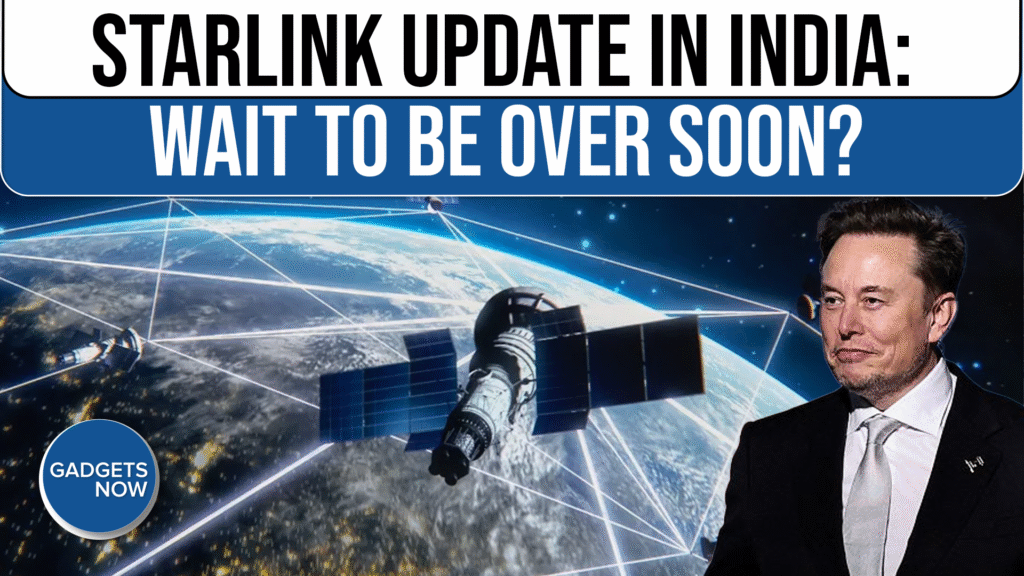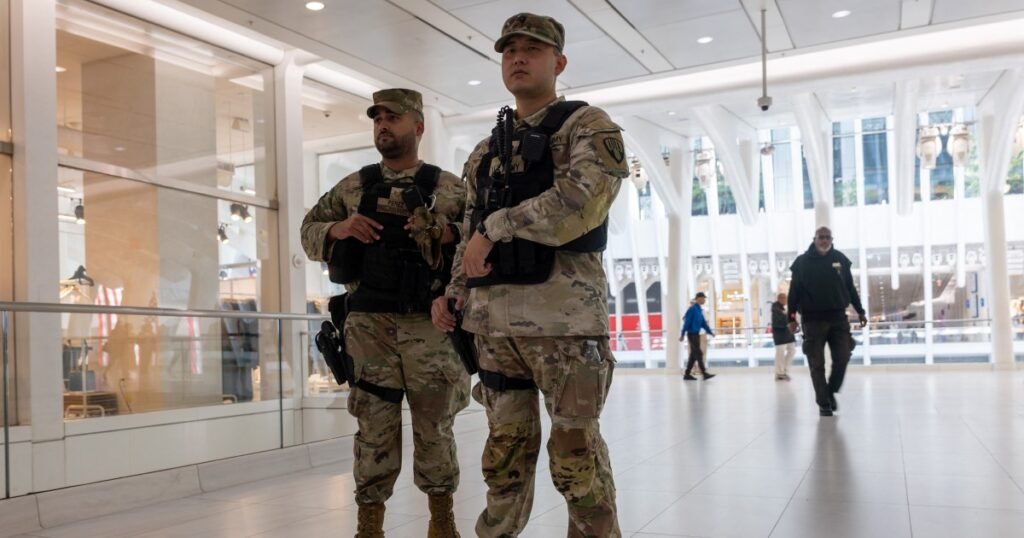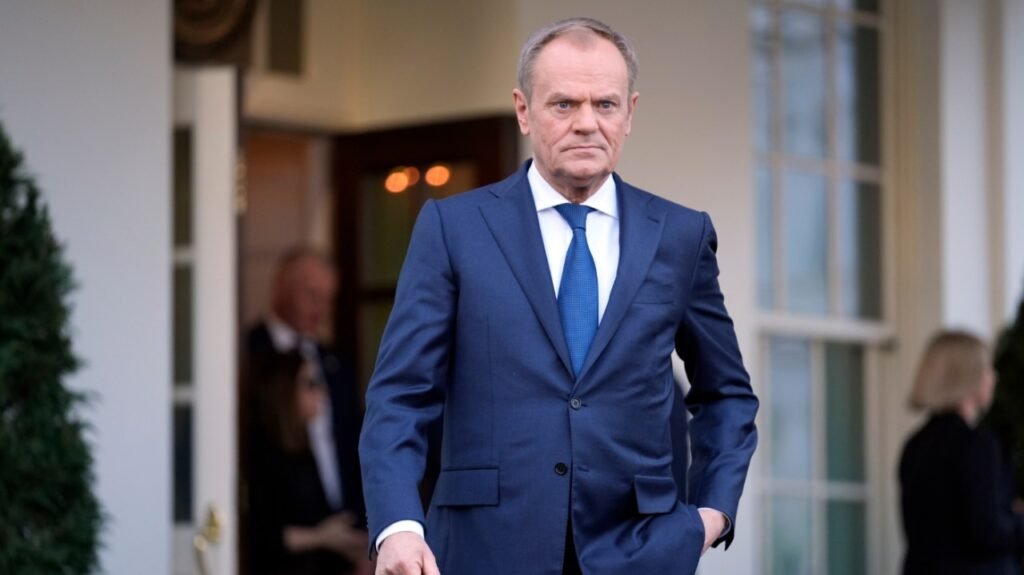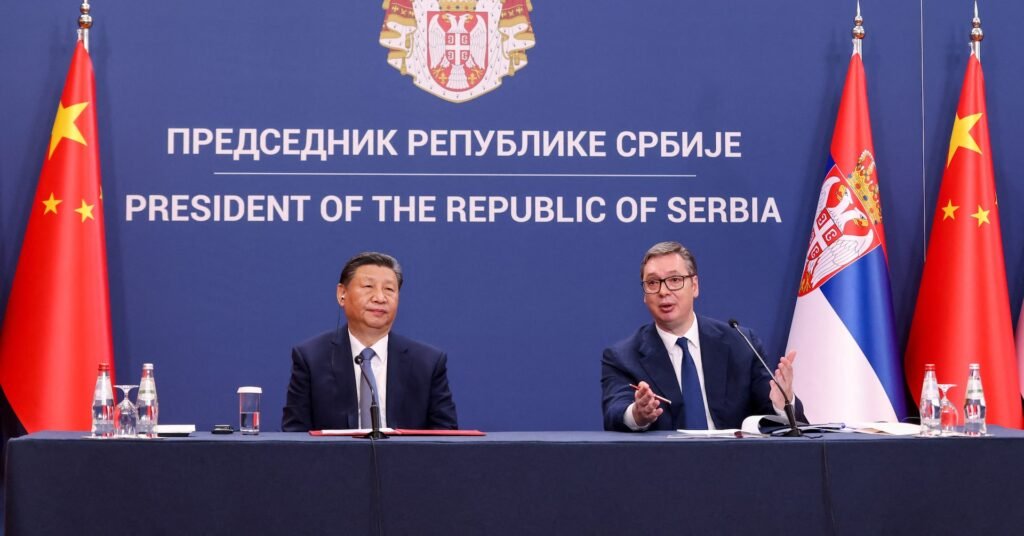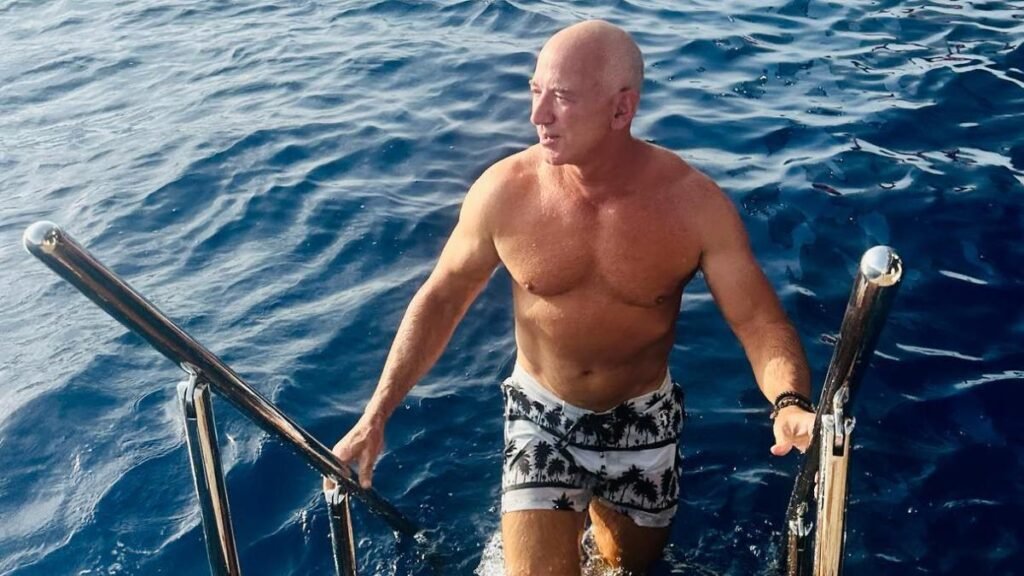President Donald Trump shelved his plans to target Chicago as the next city for his domestic crime push after advisers warned him that sending in troops to help with local law enforcement without buy-in from the state’s governor could create legal headaches they want to avoid, sources familiar with the matter told CNN.
While Trump has privately argued he has the power to send the National Guard where he wants, he’s decided for now to set his sights on Memphis because the Democratic city, and more specifically the state’s Republican governor, is willing to accept federal help, the sources said.
The sources stressed that Trump could still decide to plow ahead on blue cities like Chicago, Baltimore and New York — all of which he’s suggested could see troops on their streets. But moving first on Memphis shows the administration is attuned to the potential legal and political concerns tied to such moves. Polls have shown that while voters broadly want to see reduced crime, many don’t necessarily think sending troops into cities would make them safer. Those optics could get worse if federal officials deploy troops into a city with Democrats who are fighting those efforts. And federalized troops cannot perform law enforcement activities, as it would be a violation of the Posse Comitatus Act.
Even in Memphis, many local leaders object to the federal presence, and the city’s mayor signaled some reservations over the administration’s plans.
“I am focused on the resources. FBI, DEA, ATF, those are the things that I believe will truly help us be able to support law enforcement and reduce violent crime. I do not support the National Guard,” Mayor Paul Young said. “However, they are coming. It’s not the Mayor’s call. The mayor doesn’t have a say or the authority to stop them from coming. So my goal is to make sure that as they come, that I have an opportunity to work with them to strategize at how they engage in this community.”
Illinois Gov. JB Pritzker has repeatedly made it clear he will not give Trump cooperation. But Trump does have a complete embrace from the Tennessee governor, Bill Lee.

“I’ll be the first to say it now, we’re going to Memphis,” the president announced during an interview on Fox News, before adding, “I would have preferred going to Chicago.”
Trump had started backing off his threats to send troops to the Democratic-controlled city last week, saying, “We’re waiting on a call from Chicago.” And Attorney General Pam Bondi has hinted at the shift in strategy as well, telling reporters the administration will go to cities “who want us there.”
A White House official put it this way: “It’s about crime — in 2024 Memphis had the highest violent crime rate, highest property crime rate, and third highest murder rate in the U.S. (Trump) wants to make all cities in America safe again and it’s great that local officials in Memphis are welcoming his help.”
Sources familiar with the planned Memphis operation told CNN that the plans to target the city have been weeks in the making. Federal officials have been closely coordinating with both Young and Lee.
On Friday, Lee posted to social media that he has been “in constant communication with the Trump Administration to develop a multi-phased, strategic plan to combat crime in Memphis, leveraging the full extent of both federal and state resources.”
The plans were expected to be formally announced on Monday, two people familiar with the plans said, though the president opted to publicize the move Friday morning. Many elements of the operation are still being finalized, but the first troops could be on the ground as early as next week.
The Trump administration’s plans for Memphis will be largely modeled after their crackdown in Washington, DC, the sources said, including working with local law enforcement to set up a task force. Because DC is a federal district, rather than a state, it’s easier for the administration to push cooperation with the city’s Democratic mayor — something officials can’t replicate in other cities in blue states.

Lee further detailed those plans on Friday, stating: “The next phase will include a comprehensive mission with the Tennessee National Guard, Federal Bureau of Investigation, Tennessee Highway Patrol, Memphis Police Department, and other law enforcement agencies, and we are working closely with the Trump Administration to determine the most effective role for each of these agencies to best serve Memphians.”
At the same time, the Trump administration is ramping up immigration enforcement in cities across the country, most recently in Chicago and Boston. It remains unclear whether Trump will call in the National Guard to aid in the immigration operations, something the president has left on the table.
In June, Trump deployed roughly 700 active-duty marines and thousands of National Guardsmen to Los Angeles — over the objection of California Gov. Gavin Newsom — to quell protests that had erupted over large-scale immigration raids by ICE. California successfully challenged the legality of Trump’s deployment of the National Guard, though the Justice Department has appealed that ruling.

